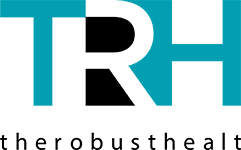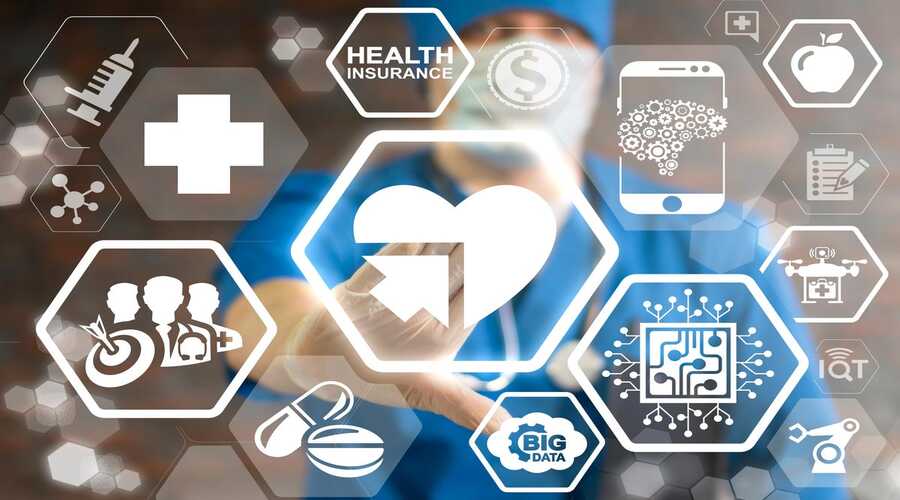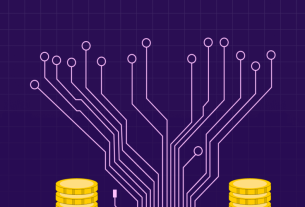Introduction
Blockchain technology is rapidly gaining popularity across various industries due to its ability to create a secure and transparent system for managing and sharing data. The healthcare industry is one of the sectors that could benefit significantly from blockchain technology. The healthcare industry generates large amounts of sensitive data, which is currently stored in a fragmented and insecure manner. In this article, we explore the potential of blockchain in the healthcare industry, including its benefits, challenges, and potential applications.
Benefits of Blockchain in Healthcare
Enhanced Data Security
One of the significant benefits of blockchain in healthcare is enhanced data security. Traditional healthcare systems store sensitive patient data on centralized servers, which makes them vulnerable to hacking and data breaches. Blockchain technology uses cryptographic algorithms to secure data, making it virtually impossible to tamper with. This enhanced security helps to protect patient data from unauthorized access, ensuring patient privacy.
Improved Data Sharing
Another benefit of blockchain in healthcare is improved data sharing. Currently, patient data is stored in multiple locations, making it difficult for healthcare providers to access and share information. By using blockchain technology, patient data can be stored in a decentralized manner, making it easily accessible to authorized healthcare providers. This enables doctors to access patient data in real-time, leading to better care outcomes.
Efficient Supply Chain Management
Blockchain technology can also be used in the supply chain management of pharmaceutical products. The current supply chain management system is fragmented, leading to counterfeit drugs entering the market. Blockchain technology can be used to track the movement of drugs from the manufacturer to the patient, reducing the risk of counterfeit drugs entering the market.
Challenges of Implementing Blockchain in Healthcare
Regulatory Challenges
One of the challenges of implementing blockchain in healthcare is regulatory challenges. Healthcare is a highly regulated industry, and the implementation of blockchain technology must comply with existing regulations. There is a need for collaboration between regulatory bodies and healthcare providers to ensure that blockchain implementation complies with the relevant laws and regulations.
Interoperability
Interoperability is another challenge of implementing blockchain in healthcare. The healthcare industry is highly fragmented, with various stakeholders using different systems and protocols. To implement blockchain technology successfully, there is a need for standardization of protocols to ensure that different systems can communicate with each other.
Integration with Existing Systems
Integrating blockchain technology with existing healthcare systems is also a challenge. Most healthcare providers have already invested heavily in existing systems, and the integration of blockchain technology would require significant changes to their existing systems. This can be time-consuming and costly.
Applications of Blockchain in Healthcare
Electronic Health Records
One of the most promising applications of blockchain in healthcare is electronic health records (EHRs). Blockchain technology can be used to create a decentralized EHR system, which would enable patients to have control over their health data. Patients can give permission to healthcare providers to access their data, ensuring that patient data is shared only with authorized parties.
Clinical Trials
Blockchain technology can also be used in clinical trials to improve data management and reduce the risk of fraud. Clinical trials generate a vast amount of data, which is currently stored in a fragmented and insecure manner. By using blockchain technology, all data related to clinical trials can be stored in a decentralized manner, making it easily accessible to authorized parties.
Medical Supply Chain Management
Blockchain technology can also be used in medical supply chain management to track the movement of drugs and medical devices. This can help to reduce the risk of counterfeit drugs entering the market and improve patient safety.
Potential Future Developments
Blockchain technology is still in its early stages of adoption in the healthcare industry, and there is potential for future developments. Some of the potential developments include:
Patient Data Privacy
Blockchain technology can be used to give patients more control over their data. Patients can store their data on the blockchain and give permission to healthcare providers to access their data. Patients can also control who can access their data, ensuring that their privacy is protected.
Improved Healthcare Research
Blockchain technology can be used to improve healthcare research by making it easier to access and share data. Researchers can use the blockchain to access data from multiple sources, enabling them to conduct more comprehensive research.
Preventative Healthcare
Blockchain technology can be used to promote preventative healthcare. By tracking patient data, healthcare providers can identify patterns and predict potential health issues before they occur. This can help to reduce healthcare costs and improve patient outcomes.
Case Studies
There are already several successful implementations of blockchain technology in the healthcare industry. Some of the notable case studies include:
MedRec
MedRec is a blockchain-based electronic medical records system developed by researchers at MIT. The system uses blockchain technology to store patient data in a decentralized and secure manner. The system allows patients to control their data and gives healthcare providers access to the data with the patient’s permission.
Gem Health
Gem Health is a blockchain-based healthcare platform that enables healthcare providers to share data securely. The platform uses blockchain technology to store data in a decentralized and secure manner, ensuring that patient data is protected.
Tierion
Tierion is a blockchain-based data storage platform that enables healthcare providers to store and manage data securely. The platform uses blockchain technology to ensure that data is tamper-proof and can be accessed by authorized parties only.
Conclusion
In conclusion, blockchain technology has the potential to transform the healthcare industry by providing a secure and transparent system for managing and sharing data. The benefits of blockchain technology include enhanced data security, improved data sharing, and efficient supply chain management. Although there are challenges to implementing blockchain in healthcare, the potential benefits make it a technology worth exploring. With successful case studies already in place, the healthcare industry is poised to embrace blockchain technology to create a more efficient, secure, and patient-centric healthcare system.
I am a highly experienced and successful cryptocurrency author. I have been writing about cryptocurrencies for over 5 years and have seen the industry grow and change immensely. I am well-versed in all things crypto and blockchain, and it can be seen in my writings. My goal is to educate others about this fascinating industry, and to help them make informed investment decisions. I believe that cryptocurrencies are the future of finance, and I am eager to share my knowledge with as many people as possible.




